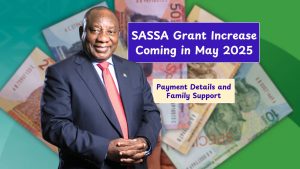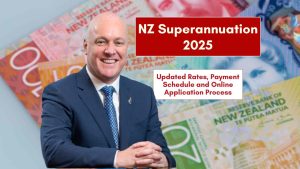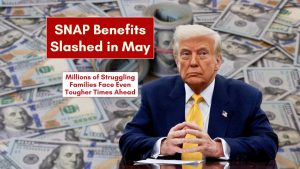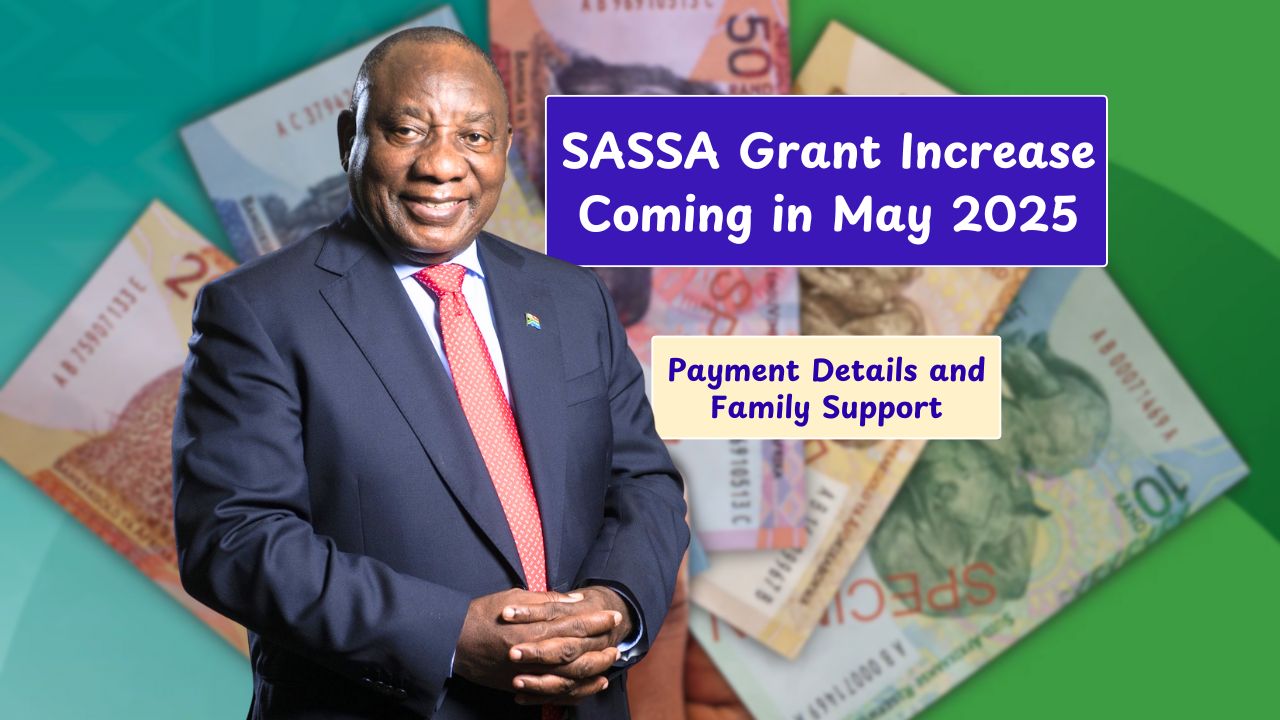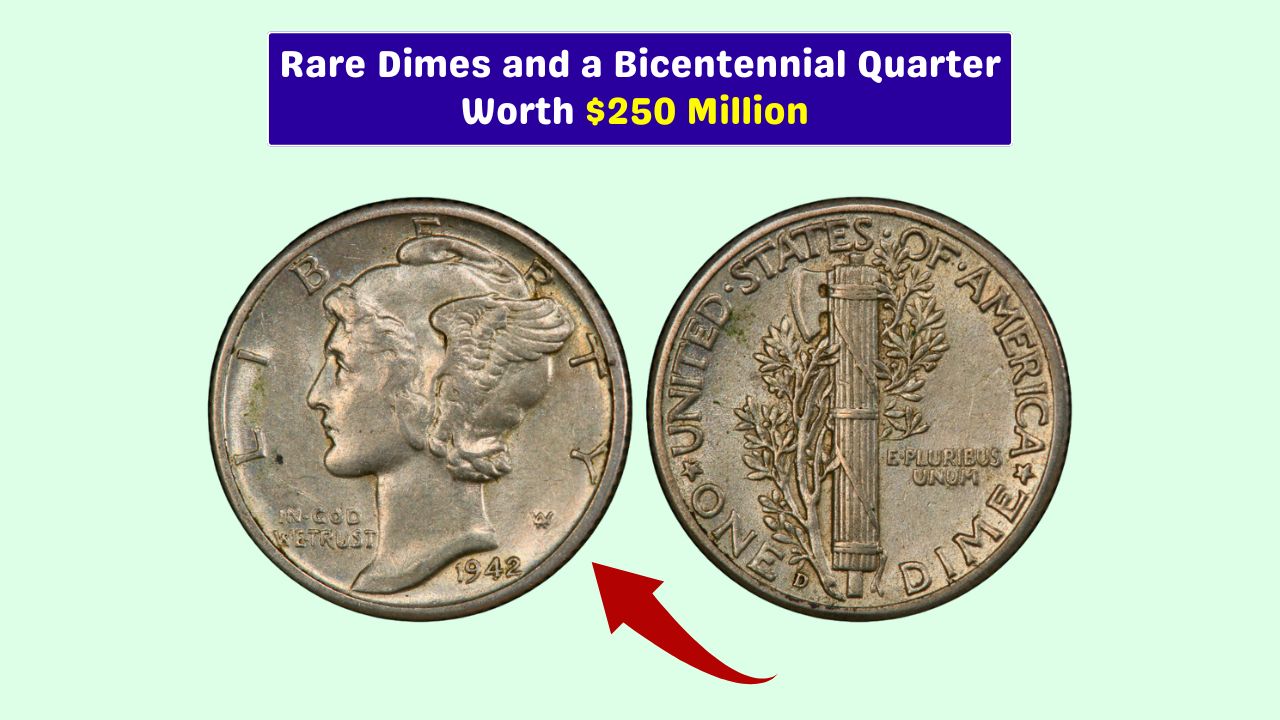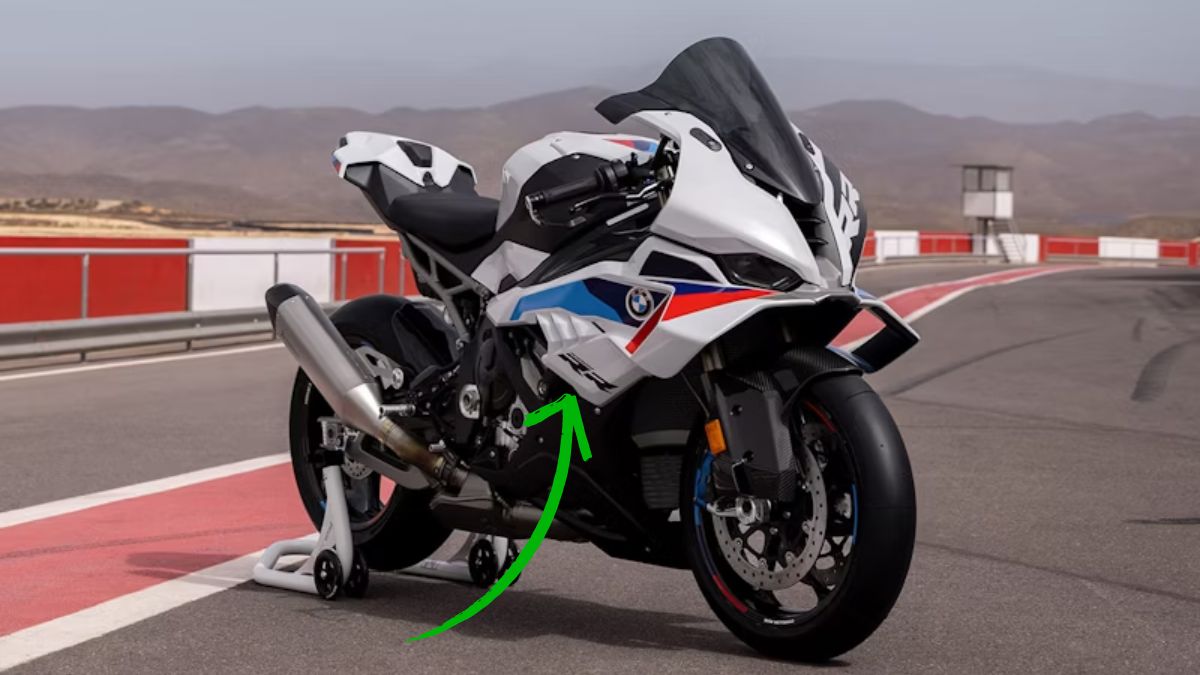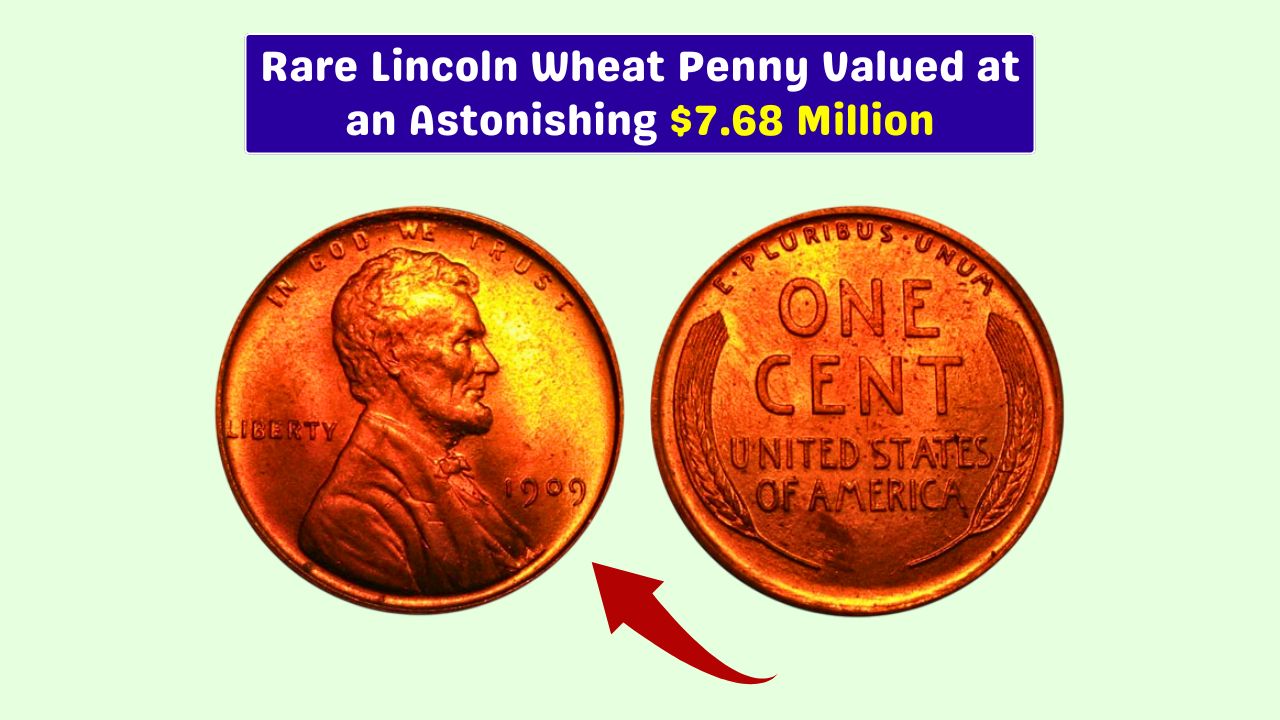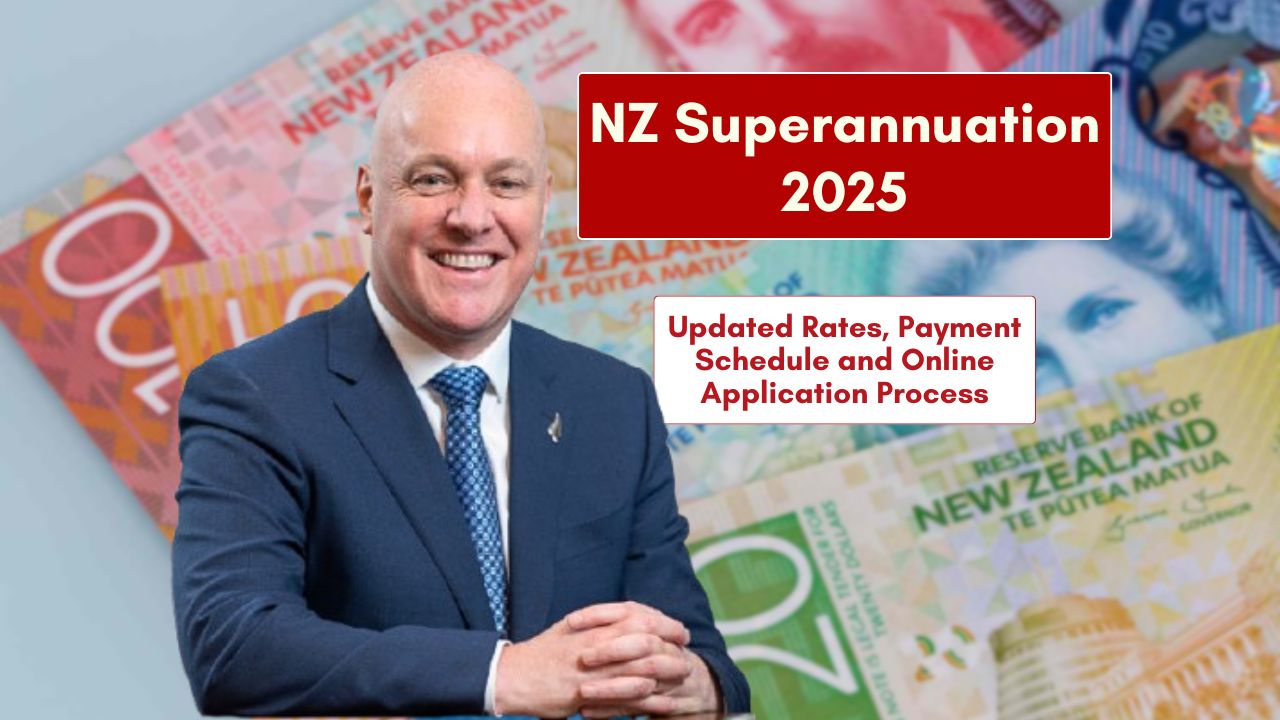The Department for Work and Pensions (DWP) is tightening its oversight of savings among Universal Credit claimants in a renewed push to prevent fraud and ensure benefits go to those who truly need them. If you’ve got over £6,000 saved in your bank account, now’s the time to pay attention.
Under new measures, the DWP will be carrying out more thorough checks to verify savings, and anyone holding between £6,000 and £16,000 could see their Universal Credit payments reduced.
Table of Content
Checks
Claimants with savings over £6,000 are already subject to reduced payments, but the DWP is stepping things up with new savings verification procedures.
These checks are aimed at catching individuals who may be hiding assets to qualify for support. If you’re sitting on a sizable sum, don’t be surprised if the government takes a closer look at your finances soon.
Liz Kendall, Secretary of State for Work and Pensions, made it clear that this isn’t just about tightening the belt. It’s about protecting taxpayer money from abuse.
She stated that the government is “turning off the tap to criminals who cheat the system and steal law-abiding taxpayers’ money.” The new policy comes with strict consequences for fraudsters, including in extreme cases, the possibility of having driving licences revoked.
Limits
Universal Credit rules are very clear when it comes to savings thresholds. To be eligible, a single claimant or a couple must have less than £16,000 in combined savings, investments, and money.
If you have more than £6,000 but under £16,000, your Universal Credit payments will be reduced based on a fixed formula. Go over £16,000, and you’re no longer eligible.
Here’s how it works: for every £250 you have between £6,000 and £16,000, £4.35 will be deducted from your monthly Universal Credit payment. Even if it’s not a full £250, any partial amount over still triggers the deduction.
Examples
Let’s say you’ve got £6,500 in your account. The DWP disregards the first £6,000, then treats the remaining £500 as if it provides £8.70 in monthly income. That £8.70 will be subtracted from your Universal Credit payout.
This is based on the assumption that savings can generate a small return, which the government factors in as income.
This savings rule also affects other income-related benefits such as Job Seekers Allowance (JSA), Employment and Support Allowance (ESA), Housing Benefit, and Income Support. For these, £1 per week is deducted for every £250 or part of £250 in savings above the £6,000 mark.
Payments
Most benefits are paid fortnightly, but there are some changes to be aware of during holiday periods. For Easter, if your payment was due on April 18 or April 21, it would instead arrive early on April 17.
This adjustment applies to those receiving Universal Credit, Carer’s Allowance, Personal Independence Payment (PIP), Pension Credit, and State Pension.
If your money doesn’t show up when expected, don’t panic right away. First, double-check the payment date. If the date is correct and the funds are still missing, get in touch with the appropriate helpline.
For Universal Credit issues, call 0800 328 5644. For PIP-related queries, the number is 0800 121 4433.
Action
If you’re claiming benefits and your savings are close to the threshold, it’s a good idea to monitor your balances carefully. Make sure your information is up to date, and don’t attempt to hide savings or investments — the consequences can be serious.
The DWP is rolling out more robust tools and independent oversight to ensure checks are fair but firm.
The new system aims to be transparent but effective. Safeguards will be in place, including independent reporting channels, to ensure that these powers aren’t misused. But ultimately, the message is clear: benefits are for those who need them, not those who try to game the system.
FAQs
What is the DWP savings limit for Universal Credit?
You must have less than £16,000 in savings to qualify.
How much is deducted for savings over £6,000?
£4.35 monthly for every £250 between £6,000 and £16,000.
When is the next Universal Credit payment during Easter?
Payments due April 18 or 21 will arrive on April 17.
Can DWP take my driving licence for fraud?
In serious fraud cases, yes, as a last resort.
Who do I call if my payment is missing?
Call 0800 328 5644 for Universal Credit issues.

